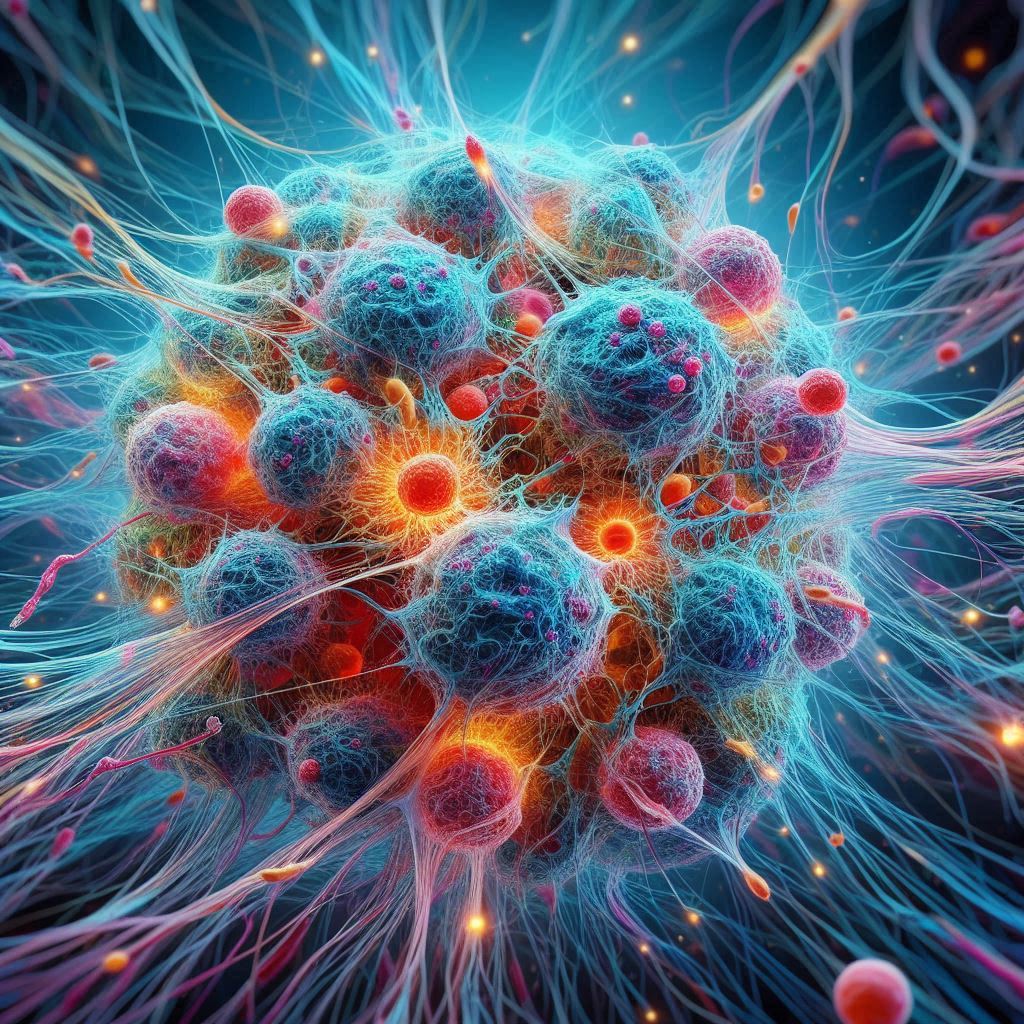The treatment of numerous severe illnesses, including cancer, may improve as a result of a recently published study headed by Wayne State University on a novel understanding of chronic inflammation.
Their findings were published in the journal Frontiers in Immunology.
According to Dr. Maddipati’s research, acute inflammation which is caused by damage or disease may not always be followed by chronic inflammation, which may have distinct etiologies inside the body.
This new hypothesis is called unalamation,
The compounds that lead to inflammation in our body are always present in everyday healthy physiology, but they are under the control of anti-inflammatory compounds. Acute inflammation results from an increase of the inflammatory compounds at the site of an injury. However, chronic inflammation, according to my studies, comes from a decrease of the anti-inflammatory compounds in a normal healthy physiological state. Because the balance of inflammatory and anti-inflammatory compounds helps maintain a normal health state, the goal of treatment for chronic inflammation may not be to decrease inflammatory compounds but to find a way to increase anti-inflammatory compounds.
Krishna Rao Maddipati, Ph.D.
Increases in body temperature, swelling, redness, and discomfort are signs of acute inflammation. According to Dr. Maddipati, treating acute and chronic inflammation as two distinct conditions could result in very different and possibly more successful treatments for a number of illnesses, including cancer.
Non-steroidal anti-inflammatory drugs, or NSAIDs, may not be as effective with chronic inflammation like they are with acute inflammation,
Most physicians think chronic inflammation is behind cancer development. If chronic inflammation is different than acute inflammation, it means that cancer treatment may need to be approached in a completely different way.
Krishna Rao Maddipati, Ph.D.
Also Read: Genomics Research Can be Automated by Artificial Intelligence
Although the current approach to cancer treatment focuses on reducing inflammatory molecules, anti-inflammatory compounds continue to aid in tissue proliferation, which means that growth—including the formation of cancer tissue may persist. The body may assault the developing tissue and clear it in an inflammatory response if anti-inflammatory chemicals are inhibited. It’s critical to keep in mind that inflammation is the body’s protection mechanism. When done correctly, inflammation can stimulate the body’s immune system, which may help combat cancer.
Source: Wayne State University – News
Journal Reference: Maddipati, Krishna R. “Distinct Etiology of Chronic Inflammation – Implications on Degenerative Diseases and Cancer Therapy.” Frontiers in Immunology, vol. 15, 2024, p. 1460302, DOI: https://doi.org/10.3389/fimmu.2024.1460302.
Last Modified:




